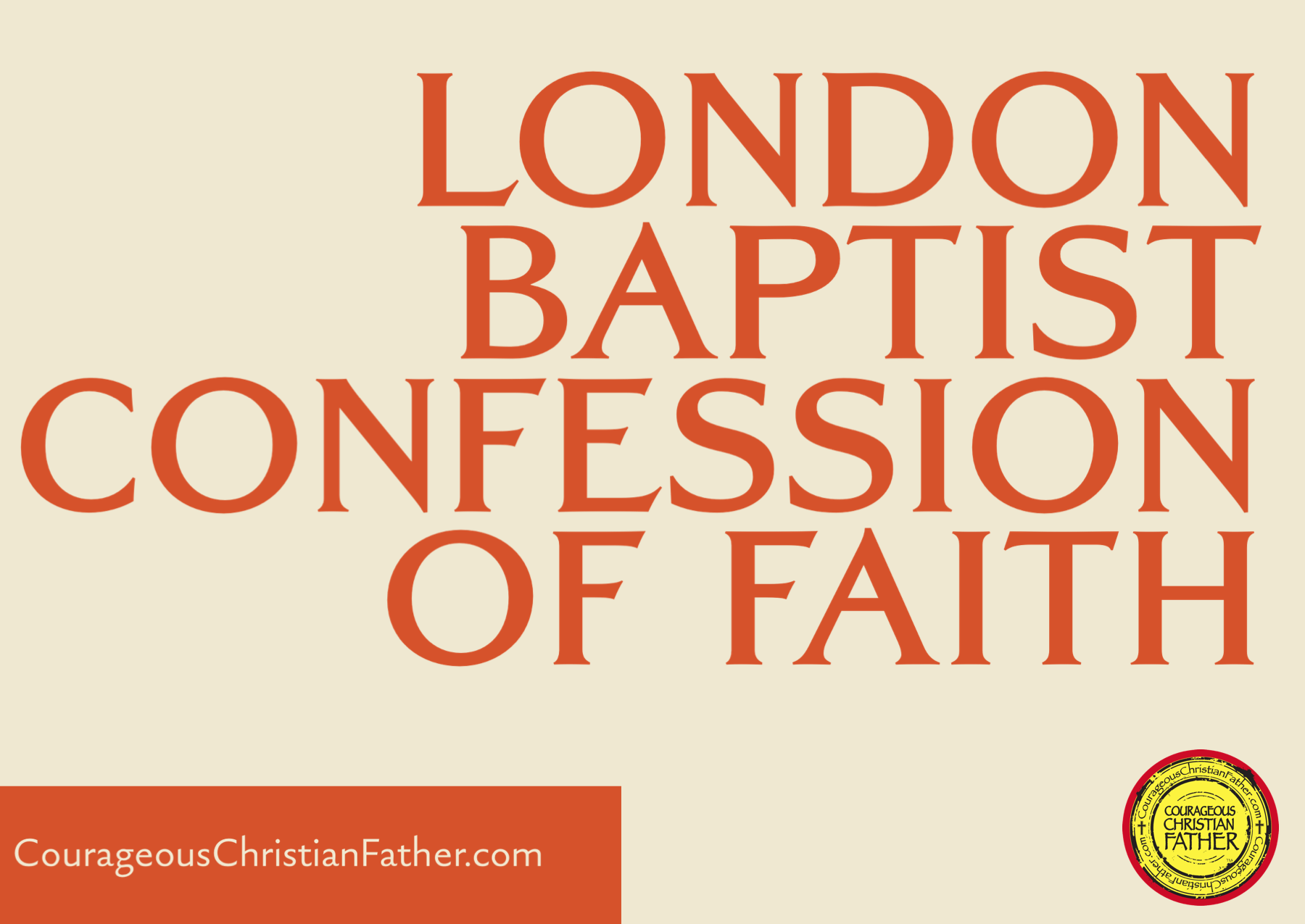Exploring the London Baptist Confession: A Rich Theological Heritage – The London Baptist Confession, also known as the Second London Confession or the 1689 Baptist Confession, is a historically significant document that outlines the beliefs and teachings of the Reformed Baptist tradition. Adopted in 1689 by a gathering of Baptist churches in London, it has served as a foundational theological statement for many Baptist communities around the world. In this blog post, we will delve into the historical context, key themes, and enduring significance of the London Baptist Confession.
Exploring the London Baptist Confession: A Rich Theological Heritage

Historical Context
To understand the origins of the London Baptist Confession, we must first look at the turbulent times in which it was written. The 17th century was a period of religious and political upheaval in England. The Act of Uniformity of 1662 resulted in the ejection of many non-conformist ministers from the Church of England. These dissenting ministers, including Baptists, sought to establish their own congregations and define their theological beliefs more precisely.
The Confession itself was drafted by a group of particular Baptist ministers and theologians who gathered in London in 1677 and 1688. The document was primarily influenced by the Westminster Confession of Faith (1646), a significant Reformed statement of faith, but it was revised and adapted to reflect the distinctive convictions of the Baptist tradition.
Key Themes:
The London Baptist Confession covers a wide range of theological topics, including God, the Scriptures, humanity, sin, salvation, the church, and the last things. It upholds the central doctrines of the Christian faith and emphasizes the sovereignty of God in all things, particularly in matters of salvation. Some key themes of the Confession include:
- The Authority of Scripture: The Confession affirms the divine inspiration, infallibility, and sufficiency of the Holy Scriptures as the ultimate authority for faith and practice. It recognizes the clarity of Scripture and the need for diligent study and interpretation.
- The Sovereignty of God: The Confession highlights the sovereignty of God in salvation, emphasizing the doctrines of election, effectual calling, and the perseverance of the saints. It underscores the absolute dependence of humanity on the grace of God for salvation.
- The Church and Baptism: The Confession presents a Baptist ecclesiology, affirming the autonomy of the local church and the believer’s baptism by immersion. It emphasizes the importance of church membership, the observance of the Lord’s Supper, and the spiritual authority of elders.
Enduring Significance:
The London Baptist Confession has had a lasting impact on Baptist theology and practice. It provides a framework for understanding and interpreting Scripture within the Reformed tradition, guiding the beliefs and practices of countless Baptist churches. The Confession continues to shape the theological landscape of many Baptist communities, fostering a deep appreciation for biblical truth, the sovereignty of God, and the centrality of the local church.
Moreover, the Confession serves as a valuable historical resource, offering insight into the development of Reformed theology and the Baptist tradition. It provides a link to our theological heritage, connecting present-day believers with the struggles, convictions, and faith of those who came before us.
Conclusion
The London Baptist Confession stands as a testament to the theological depth and richness of the Reformed Baptist tradition. Its articulation of core Christian doctrines, emphasis on the authority of Scripture, and commitment to the sovereignty of God continue to inspire and guide believers today. By exploring the historical context, key themes, and enduring significance of the Confession, we gain a deeper appreciation for the theological heritage it represents and the ongoing relevance it holds for the Church.
Check out Courageous Christian Father’s Wish list on Amazon where you can purchase and this items sent directly to him and they will be used for the ministry.
Subscribe To Courageous Christian Father!
Don’t miss any blog posts! Subscribe today! You can subscribe via WordPress or by entering your email! Thank you!
Follow Courageous Christian Father on WordPress.comFollow Courageous Christian Father on Social Media
Recent Posts:
Below are some examples of blog entries from all the blogs that I do. (Courageous Christian Father, Steve Sews Stuff, SteveZ DuckZ, and SteveZ DesignZ).
Thank You For Reading Courageous Christian Father!
Thank you for reading. Please feel free to share and like this blog post.
Clipart: Unsplash, Pixabay, Pexels, Openverse, Adobe Express, Adobe Stock, FreePik, MetroCreative, and more. This site uses Amazon Affiliate Ads & Google Ads.
About the Author
Discover more from Courageous Christian Father
Subscribe to get the latest posts sent to your email.


